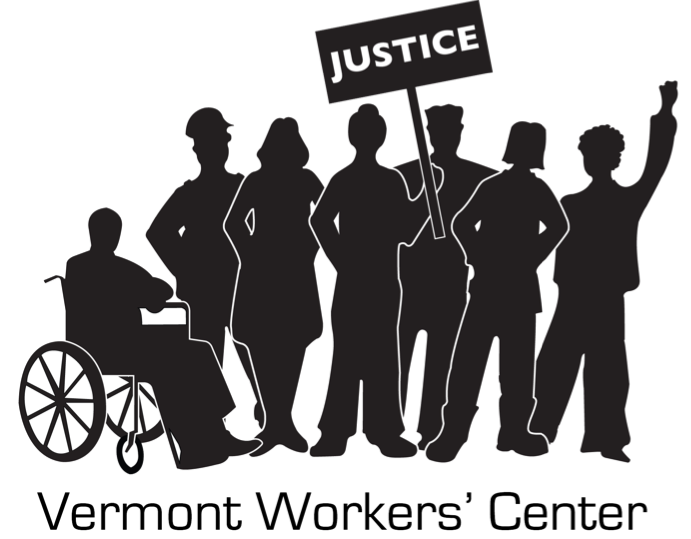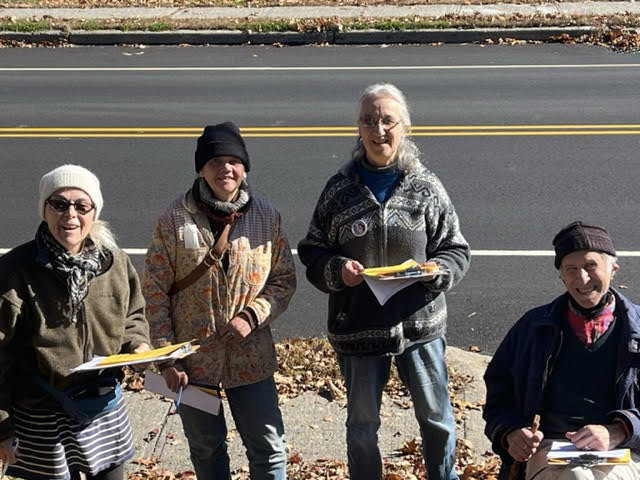This commentary was published in VTDigger and the Barre-Montpelier Times Argus.
Over 1 million people nationally have been kicked off Medicaid since April, following Congress’ decision to end pandemic protections for Medicaid recipients.
When Covid hit, it became apparent that the huge gaps in our health care system would leave millions of people in the U.S. without access to care. The government mustered the resources to keep people on Medicaid — and also to provide emergency shelter, rent assistance, and increased SNAP benefits. It rightly saw Covid as a crisis, but chose to ignore the ongoing crisis of poverty and the austerity measures that ensure that some people will be uninsured, underinsured, homeless or hungry.
According to the Kaiser Family Foundation, 76% of those who’ve been disenrolled lost Medicaid for “procedural reasons.” In response, the Biden administration called on governors to “ensure that individuals do not lose coverage due solely to administrative processes.”
The administration urges states to take advantage of various “flexibilities” in the renewal process, while ignoring the federal incentive to disenroll people: the end of federal funding as of December 2023.
Of course people shouldn’t be cut off for procedural reasons. But what is left unsaid is that millions of people whose income puts them just over the benefits limit will also lose Medicaid and be forced to buy expensive private plans or risk being uninsured.
Identifying the problem as procedural skirts the real issue: a health care system that puts access to care out of reach for too many of us.
Just under the surface is the callous narrative of a “deserving” and “undeserving” poor. In this case, the “deserving” are those who qualify and get cut off by overly zealous state officials, and the “undeserving” are those who no longer qualify and get kicked to the curb.
Sadly, this narrative is echoed by many officials here in Vermont, most notably in the battle around the emergency housing program. As legislators scrambled to keep a roof over the heads of families with children, elderly people, and people on disability, others deemed “undeserving” or “less deserving” have been abandoned.
In the coming months, up to 29,000 Vermont residents could be cut off of Medicaid. Yet, few public officials have come forward to lament this reality, much less to push for solutions. Most have focused their comments on ensuring the proper administration of the cutoffs — not the immorality of kicking thousands off of health care in the first place.
Vermont statute is clear: “It is the policy of the State of Vermont that health care is a public good for all Vermonters and to ensure that all residents have access to quality health services at costs that are affordable.” (18 V.S.A. § 9401)
This policy has been on the books since 2010 but has yet to be implemented. The Medicaid cutoffs move Vermont in the opposite direction.
At the Vermont Workers’ Center, we know that, in the words of the National Union of the Homeless, “you only get what you’re organized to take,” and it will take many of us rowing together to turn this ship around. That’s why we’re organizing to let power-holders know that the status quo is unacceptable.
If you’re facing a Medicaid cutoff, have questions about your rights in this process, are uninsured or are dealing with unaffordable health care expenses, email us at info@workerscenter.org.
Ellen Schwartz, a resident of Brattleboro, is campaign coordinator for the Vermont Workers’ Center.

